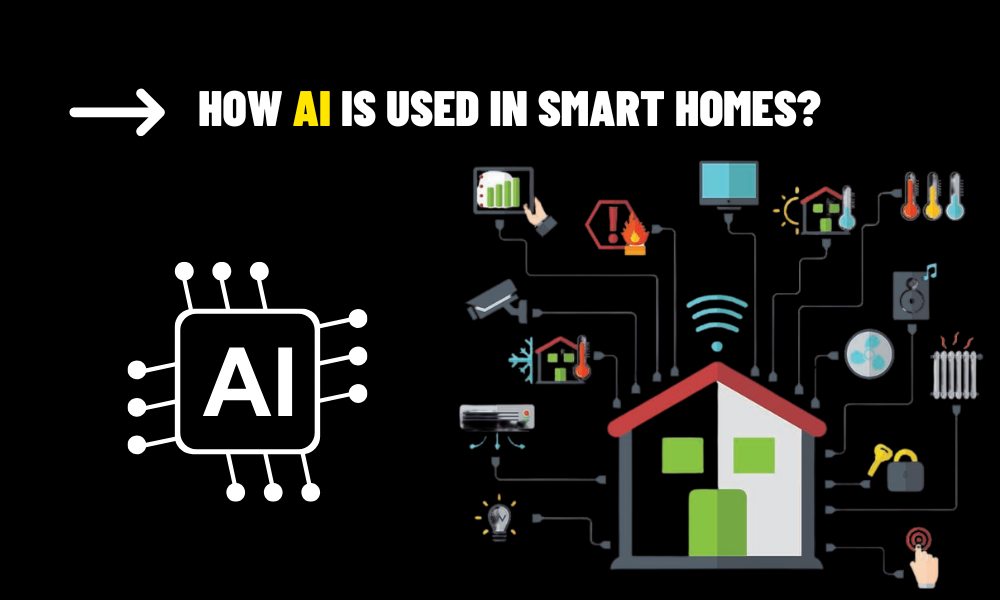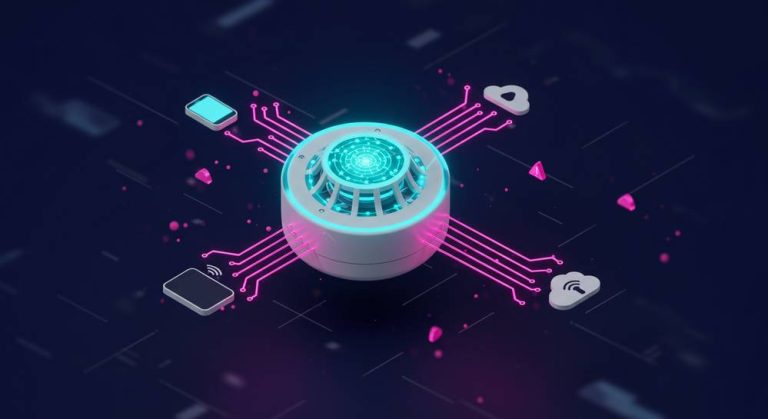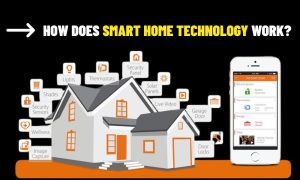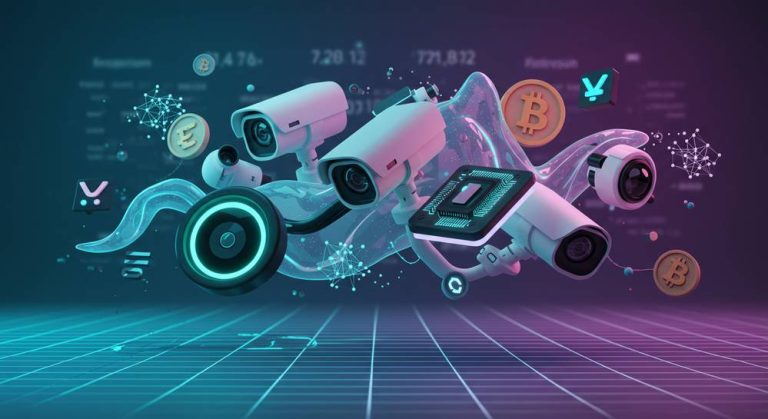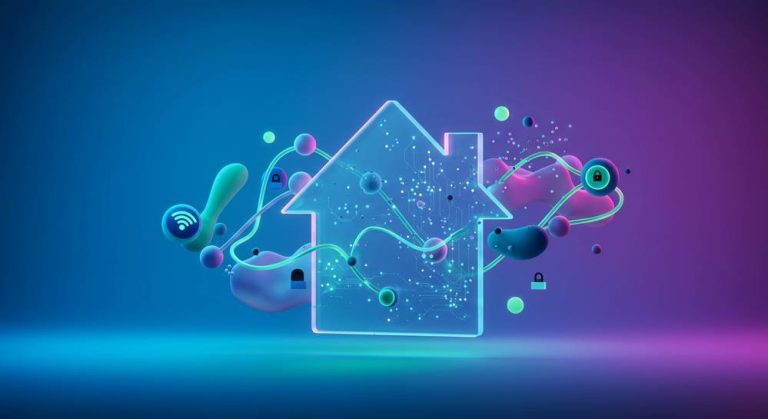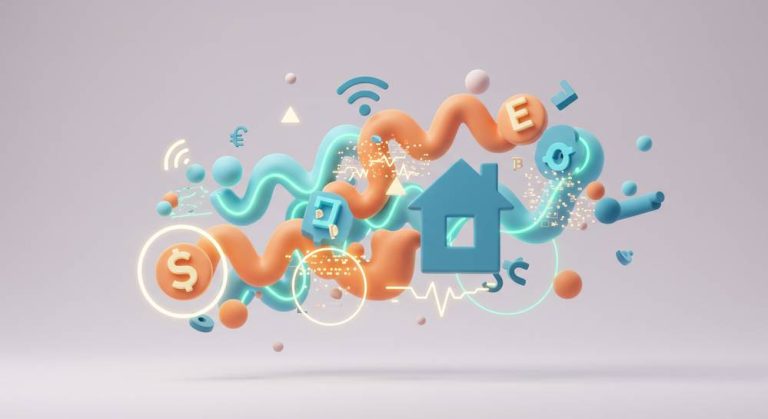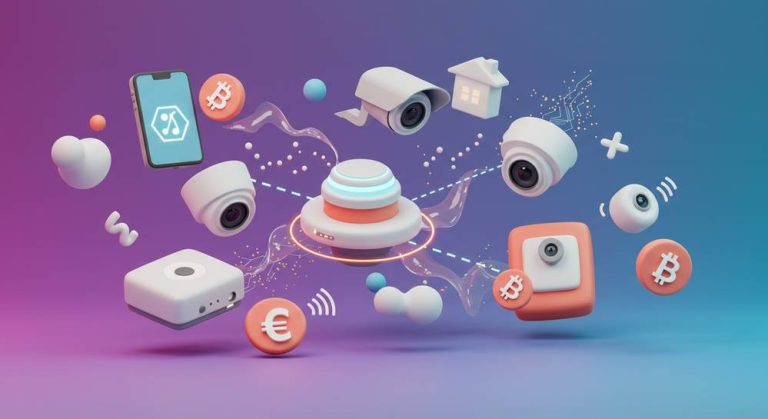Smart homes have come a long way from simple timers and remote-controlled gadgets. Today, the true power behind modern home automation lies in Artificial Intelligence (AI). By enabling devices to understand, learn, and act with minimal human intervention, AI transforms homes into responsive environments. But exactly how is AI used in smart homes, and what makes it so impactful?
In this article, we explore the integration of AI into everyday home technology, uncovering how it goes beyond automation to enable intelligent decision-making across comfort, efficiency, security, and personalization.
Understanding AI in the Smart Home Context
At a basic level, AI refers to the ability of machines or systems to mimic human intelligence. In the context of smart homes, this means systems that can analyze data, recognize patterns, and make decisions without being explicitly programmed for every scenario.
Unlike standard automation—which executes commands based on fixed rules—AI-driven systems dynamically adjust their behavior based on changing conditions. The result is a smarter, more intuitive home that gets better over time.
How AI Is Used in Smart Homes?
Learning Your Habits and Routines
One of the most common uses of AI in smart homes is behavioral learning. Devices like thermostats, lights, and voice assistants collect data on how and when they’re used. Through machine learning algorithms, they develop an understanding of your routines and begin to anticipate your needs.
For example, a smart thermostat might initially require you to set your preferred temperatures. But after a week or two, it starts adjusting on its own—warming the house before you wake up or reducing energy use while you’re away. The system becomes increasingly accurate, even factoring in changes like seasons or travel schedules.
Lighting systems also benefit from AI by adapting to your presence, time of day, or even mood, changing hues or brightness levels without prompting.
Voice Recognition and Conversational Intelligence
Voice control is a defining feature of many smart homes, and AI is the reason it works so well. Through natural language processing and contextual understanding, AI-powered assistants interpret and respond to a wide range of spoken inputs.
But the technology goes further than simple commands. Advanced systems can carry on brief conversations, recognize individual voices for personalized responses, and even understand intent. If you say, “It’s too dark in here,” the system might not only turn on the lights but adjust them to a brightness and tone it knows you prefer.
This ability to interpret indirect commands and respond contextually is a key leap enabled by AI.
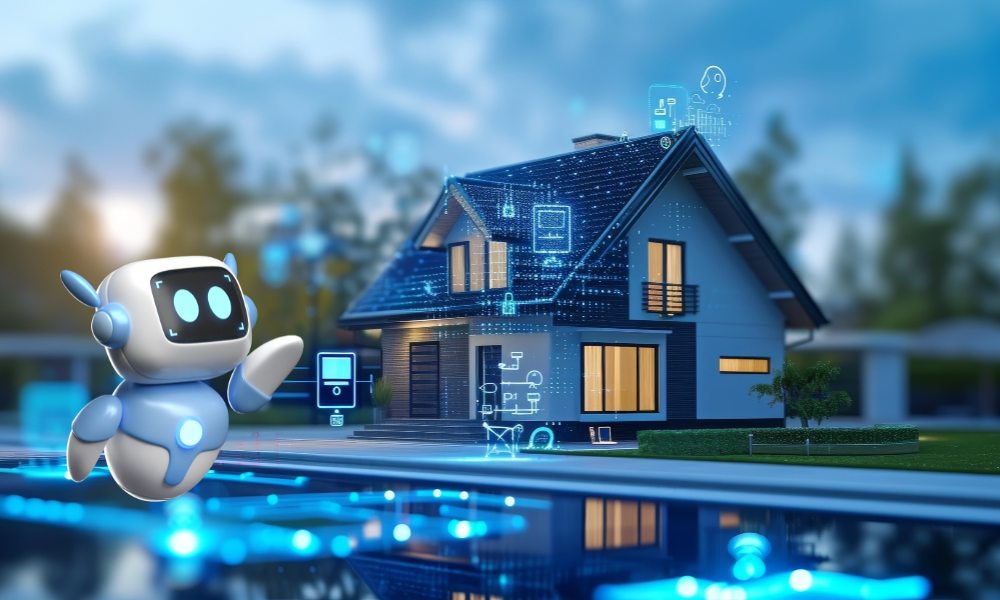
Security, Surveillance, and Anomaly Detection
Security systems have been transformed by AI. Smart cameras equipped with facial recognition can differentiate between familiar faces and strangers. Motion detection systems can learn what normal movement patterns look like in your home, then alert you when something deviates.
AI enables real-time threat detection, reducing false alarms by understanding context—such as recognizing the difference between a passing car and someone lingering near your door. Some systems even use audio recognition to detect sounds like breaking glass or smoke alarms, sending immediate alerts to homeowners.
Energy Efficiency and Environmental Awareness
AI also plays a role in sustainability. Smart homes use AI to analyze energy usage across appliances and adjust consumption based on cost, demand, or environmental conditions. Over time, these systems can reduce electricity bills by optimizing when and how devices operate—without requiring manual configuration.
Even in irrigation systems, AI can factor in local weather forecasts to avoid overwatering, saving both water and money.
Conclusion
When asking how AI is used in smart homes, the answer lies in its ability to make environments intuitive, predictive, and adaptive. AI doesn’t just automate—it personalizes, optimizes, and safeguards. Whether it’s fine-tuning your lighting based on mood or identifying subtle security risks, AI brings intelligence to the heart of home living. As technology continues to evolve, AI will become the invisible assistant that quietly makes your home smarter, safer, and more aligned with how you live.
